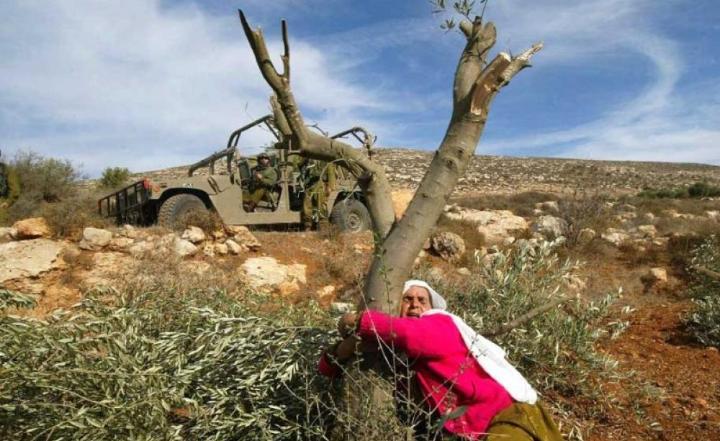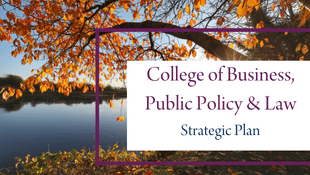-
Courses

Courses
Choosing a course is one of the most important decisions you'll ever make! View our courses and see what our students and lecturers have to say about the courses you are interested in at the links below.
-
University Life

University Life
Each year more than 4,000 choose University of Galway as their University of choice. Find out what life at University of Galway is all about here.
-
About University of Galway

About University of Galway
Since 1845, University of Galway has been sharing the highest quality teaching and research with Ireland and the world. Find out what makes our University so special – from our distinguished history to the latest news and campus developments.
-
Colleges & Schools

Colleges & Schools
University of Galway has earned international recognition as a research-led university with a commitment to top quality teaching across a range of key areas of expertise.
-
Research & Innovation

Research & Innovation
University of Galway’s vibrant research community take on some of the most pressing challenges of our times.
-
Business & Industry

Guiding Breakthrough Research at University of Galway
We explore and facilitate commercial opportunities for the research community at University of Galway, as well as facilitating industry partnership.
-
Alumni & Friends

Alumni & Friends
There are 128,000 University of Galway alumni worldwide. Stay connected to your alumni community! Join our social networks and update your details online.
-
Community Engagement

Community Engagement
At University of Galway, we believe that the best learning takes place when you apply what you learn in a real world context. That's why many of our courses include work placements or community projects.
Palestine: International Law, Justice and Accountability Cluster
Palestine: International Law, Justice and Accountability Cluster
Photo: intifada.de via Frank M. Rafik on Flickr (CC BY-NC-SA).
Cluster Leader:
Cluster Members:
- Professor Shane Darcy
- Professor Ray Murphy
- Rania Muhareb
- Alexandros Rammos
- Keelin Barry
- Parisa Zangeneh
- Eden Matiyas Mulugeta
- Dr Maeve O'Rourke
- Dr Edel Hughes
Palestine: International Law, Justice and Accountability
The question of Palestine has stood for decades as one of the most pressing issues in international affairs, sitting at the intersection of international law, settler-colonialism, apartheid, human rights, politics, and global governance. At its core, international law provides the language and some structure for addressing decolonisation, sovereignty, belligerent occupation, human rights, and humanitarian obligations. For Palestine, these principles are not abstract but deeply connected to the Palestinian lived realities under the Israeli unlawful military occupation and settler-colonialism. Issues such as the illegality of settlements, the Israeli excessive use of force in Palestine, the status of Jerusalem, displacement and refugee rights, and the Israeli blockade of and genocide in Gaza, among others, all invoke questions of international law, justice, and pathways to accountability.
About the Cluster
This cluster, Palestine: International Law, Justice and Accountability, is designed to bring together scholars to examine the legal frameworks, judicial mechanisms, and accountability structures that inform the struggle for justice and liberation. It looks at contemporary related issues, such as the use of new technologies, including AI, in conflicts, impact of conflict on the natural environment, and business and human rights. It also explores how principles of international law apply to the Palestinian context, how global institutions have responded to ongoing atrocities’, and what avenues exist to promote accountability for state and non-state actors alike.
Justice and accountability are equally central to this discussion. For Palestinians, justice is tied to recognition, redress, and the protection of fundamental rights under international law. Accountability mechanisms, meanwhile, confront the practical and political challenges of enforcement. Despite – relatively – clear legal rules, the effectiveness of international institutions has often been limited by power dynamics within the UN Security Council, the reluctance of certain states to act, and the politicization of human rights discourses.
This cluster also considers the broader implications of the Palestinian case for the international system. It raises questions about the universality and consistency of international law. Furthermore, the cluster invites reflection on other experiences of justice and accountability worldwide, from transitional justice processes in post-conflict societies to the role of international tribunals in addressing war crimes, crimes against humanity, and the crime of genocide. By situating Palestine within these global contexts, the cluster underscores both the unique dimensions of the Palestinian struggle and its relevance to the universal pursuit of human rights and the rule of law.
Ultimately, Palestine: International Law, Justice and Accountability is not merely an academic inquiry, but an urgent exploration of how legal principles can be mobilized to confront injustice, protect human dignity, and address grievances. It provides a platform to critically engage with the challenges of applying international law in politically charged contexts and for imagining pathways toward genuine accountability and self-determination of all peoples.

















